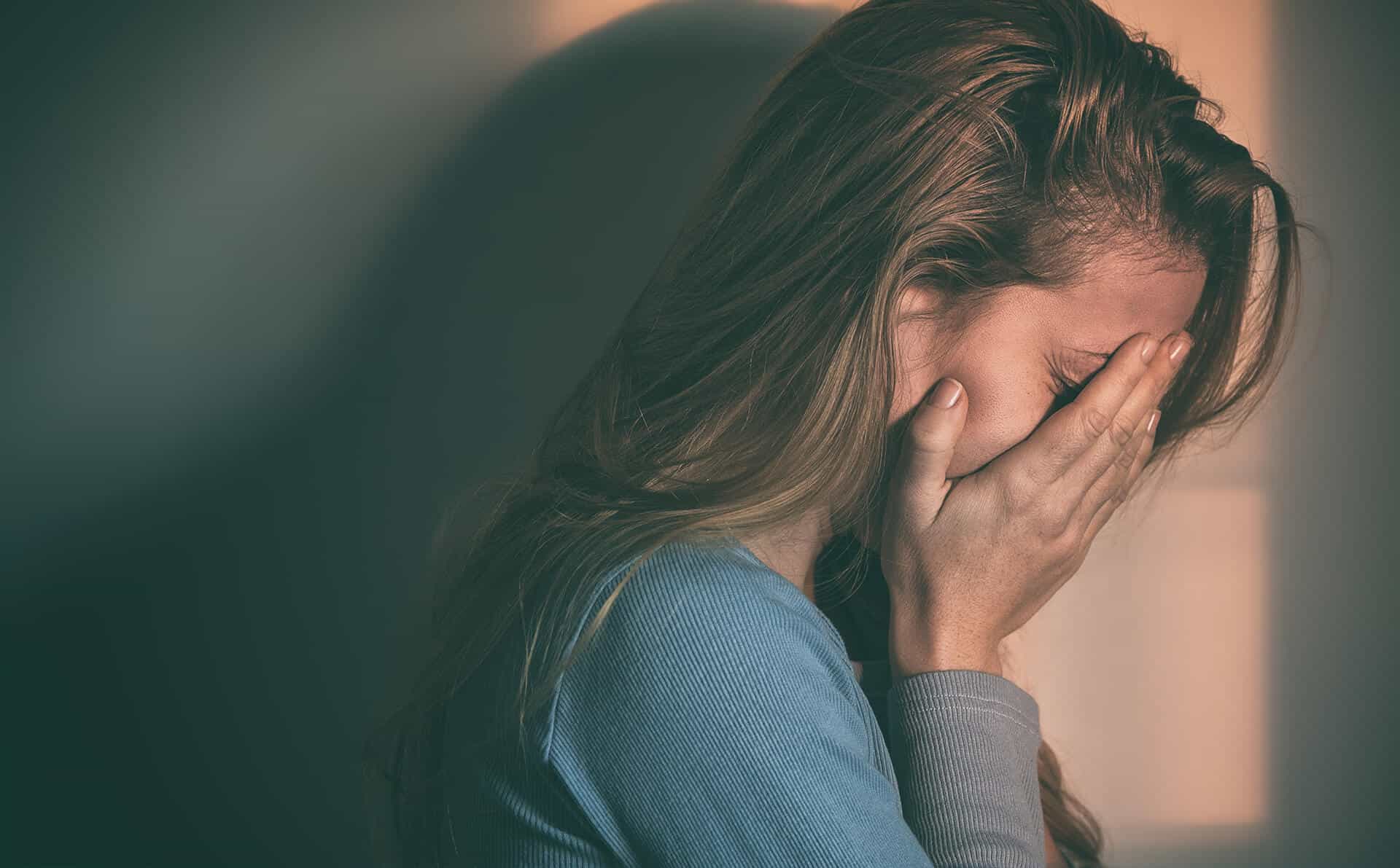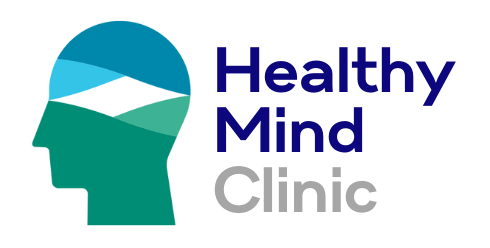
Common Difficulties
Anxiety occurs when people are in a situation that seems threatening. It’s the experience of the body’s fight-flight-freeze system being triggered. While it can feel unpleasant, it’s there to help keep people safe and to respond in a helpful way when faced with actual threat to life or physical safety. It’s made up of a combination of thoughts (often worries about negative future events, other peoples’ opinions, particular situations or other concerns), physical sensations and urges to avoid certain situations. When it comes on at the right time it’s usually not a problem.
However, for some people anxiety can be challenging when it feels constant and draining or if it feels out of proportion to the triggering situation. In some of those cases, that level of anxiety may be an anxiety disorder. This is a really common condition, which leads people to experience anxiety as distressing and affects their daily life. Just over 25% of the Australian population will experience an anxiety disorder at some point in their life.
Common types of anxiety include:
- Social anxiety – concern about being judged by others in social situations
- Generalised anxiety – excessive worry that is hard to control
- Health anxiety – concern about having or developing a serious health condition
- Panic – concern about having a panic attack, losing control, having a heart attack or going crazy
- Obsessive Compulsive Disorder (OCD) – intrusive, repetitive concerns that prompt people to use particular neutralising behaviours (often repetitive)
- Specific phobia – anxiety about specific objects or situations (such as animals, needles and injections, heights, enclosed spaces among others)
Problems with anxiety are treatable. We specialise in providing treatment for anxiety that is tailored to a person’s needs and circumstances.
Depression and mood problems
It’s common to experience times of sadness and varying mood. When the sadness feels constant and lasts for two or more weeks, it may be a sign of depression. We know that approximately 1 in 4 people experience an episode of depression in their lifetime. In addition to sadness, other signs of depression include not enjoying activities a person usually finds enjoyable, sleep difficulty, thoughts of death, low energy, changes in appetite and weight, reduced sex drive and reduced hopefulness.
Sometimes, in addition to periods of depressed mood, people can experience unusually high mood. If this lasts for several days and is accompanied by other changes, it might be a sign of mania and bipolar mood variation. These other changes can include feeling much more energetic than usual, feeling much less need to sleep, feeling wired and unusual, increased distractibility, doing things more impulsively, trying to do lots of things at once and feeling unusually productive, taking more risks than usual (for example with money, sex or physical risk taking), drinking more alcohol and using substances. Sometimes it can also include believing things people wouldn’t usually believe or having a sense that they’re experiencing unusual things.
Helpful treatments are available for depression, bipolar disorder and other mood problems. One of these is cognitive behavioural therapy, which helps people recognise and change particular patterns of thought and behaviour to gain control over their mood. Medication can sometimes be helpful.
Trauma and PTSD
Post-traumatic stress disorder (PTSD) can follow experiencing an event that significantly threatens a person’s life or physical safety. This may be either experiencing the event firsthand, witnessing it, or learning that it happened to somebody close. Signs of PTSD can include any of the following that last for at least a month: distressing unwanted thoughts or dreams about what happened, having strong distressing reactions at reminders, avoiding situations, people or conversations about what happened, low mood and negative thoughts, feeling anxious and agitated, and having difficulty winding down. PTSD is common, affecting approximately 10-15% of the population.
The experience of trauma may also be associated with other difficulties including depression, problematic alcohol and substance use and anxiety disorders.
Helpful treatments are available for PTSD and other difficulties associated with trauma. A common approach is cognitive behavioural therapy, which helps people recognise and change particular patterns of thought and behaviour to gain control of how they feel.
Work and life stress
Everyone goes through times of life stress. While people may be able to cope most of the time, sometimes things can get on top of us and feel overwhelming. This can be from problems at work, relationships, illness, family difficulty or life changes (for example, work change or relocation). Some of the difficulties people experience at these times can include difficulties with mood, anger, worry and anxiety, sleep, or feeling more emotional than usual.
We specialise in building skills in a personalised way to enhance people’s ability to cope with work and life stress.
